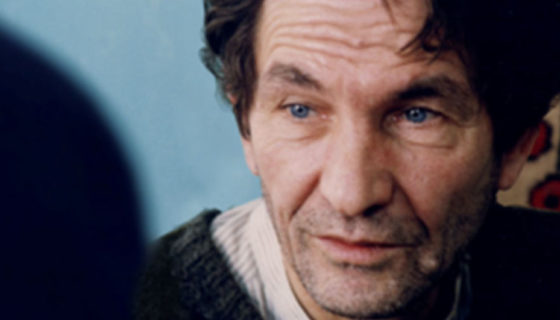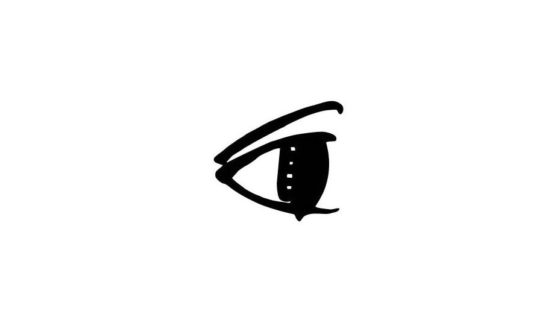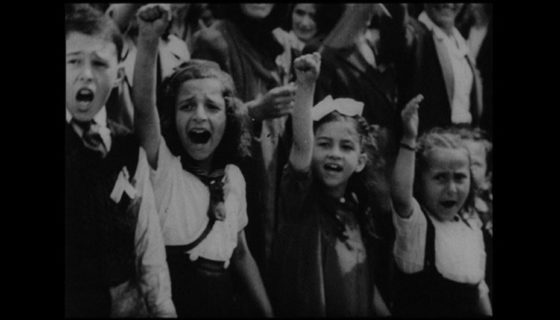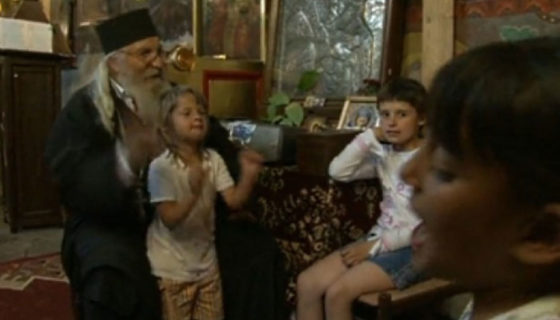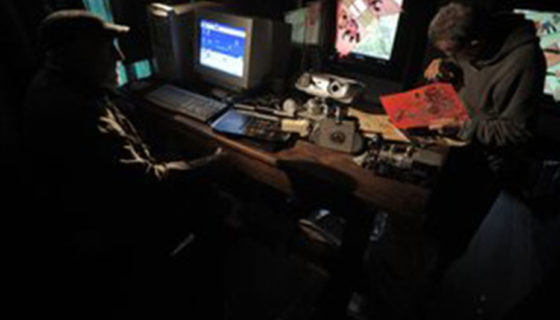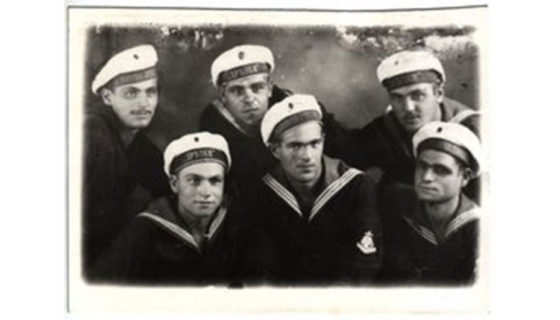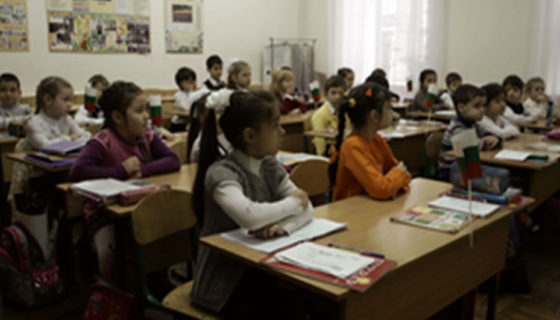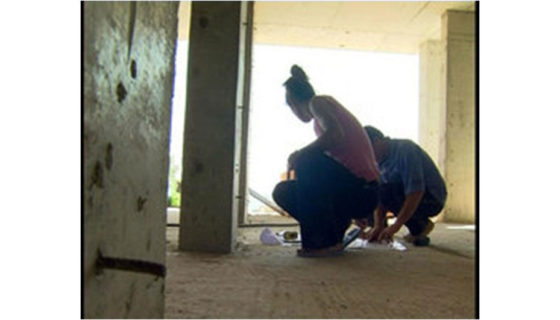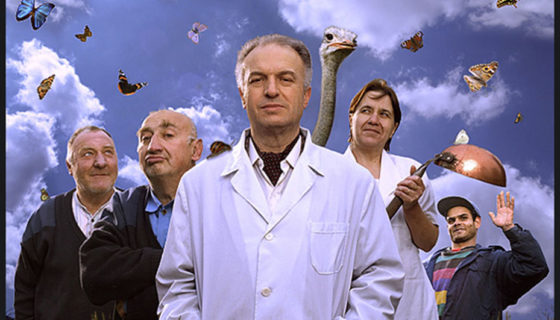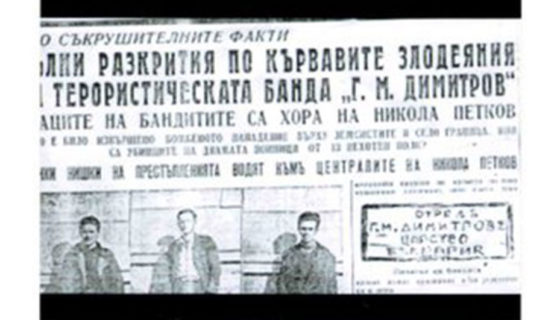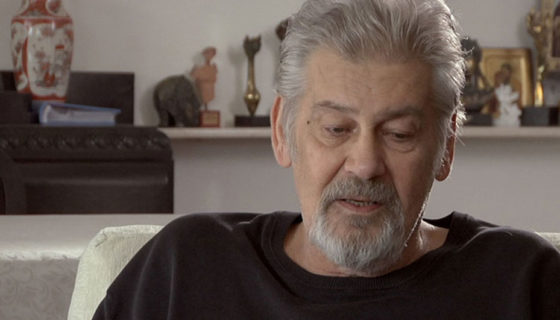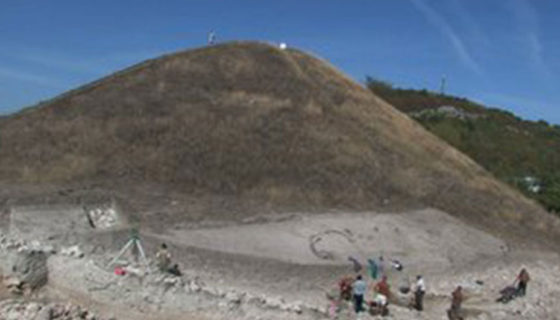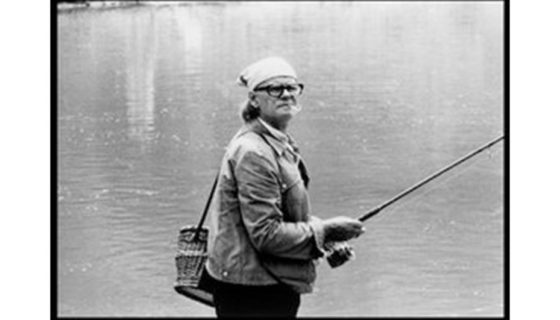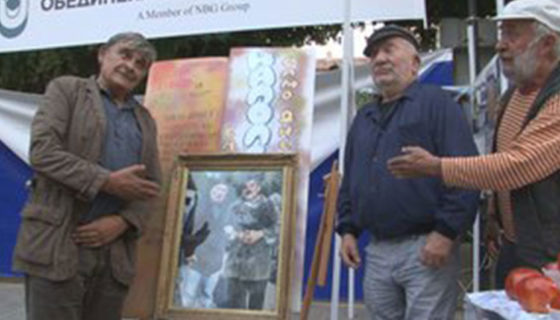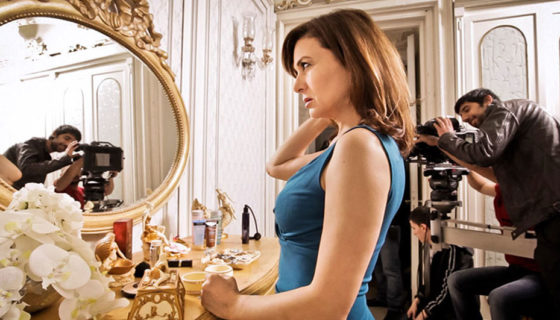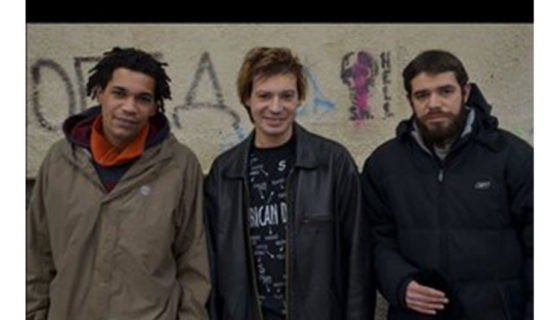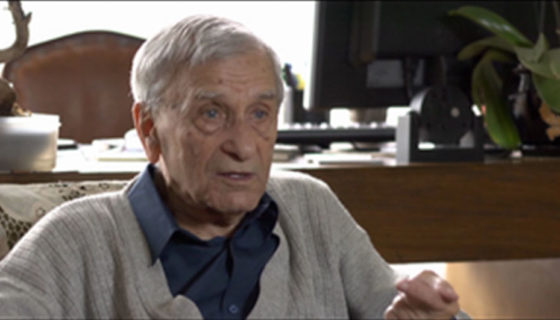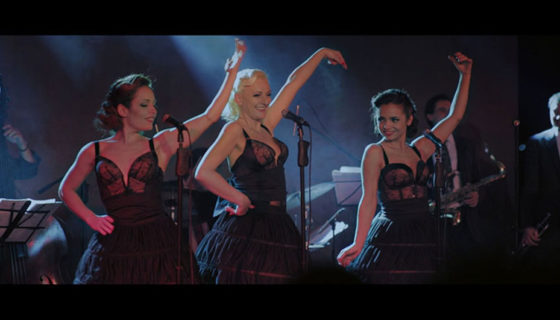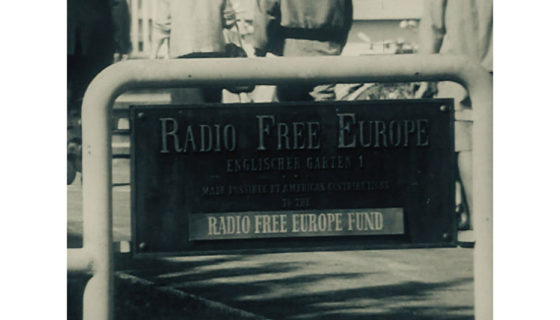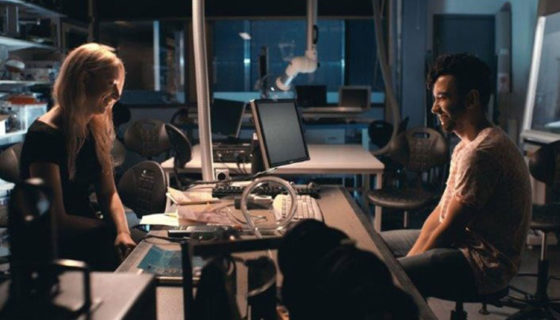- A documentary about Bulgarian film director Eduard Zahariev and his feverish and inquiring creative mind forever exploring the mysteries of spiritual perfection. This film is about Eduard Zahariev’s proficiency and striving to make each of his films as if it were his last, whatever it took, even his own life.
- This is a film about Georgi, a fisherman from Varna, who has for many years now lived in a fishing village. His life is not an easy one. On top of all that one of his children is a young man, who suffers a mental disorder. But Georgi has refused to leave him in a care centre for disabled people and takes loving care of him. Georgi is a man, who does not abandon himself to despair and never gives up.
- In 1933 Eugeniu Botez, an engineer by profession and a commandant of the harbour of Sulina, wrote a novel, under the pen-name of Jean Bart. A year later he died. In this strange novel about brave sailors, black dancers and insidious seducers, Jean Bart foretells that some day nothing will be left of the once bustling city. With the death of Europolis Europe was supposed to start slowly dying in agony. A few years later his prophecy came true...
- Three decades ago he was a State Security officer. Then quitted and took the vows. To the communists, this was treason. They sentenced him to five years in prison. There he pledged to God to build an orphanage. Now without any support from the government or any institution whatever, he takes care of 130 people, mostly children, single mothers and stranded people.
- A documentary about Ferdinand of Bulgaria – a cosmopolitan of birth, who used the national idea of the Bulgarians to cater to his own vanity.
- The rich and eventful biography of a great Bulgarian Georgi Rakovski, his deeds rank his name in the same line with those of Giuseppe Garibaldi and Lajos Kossuth. Without unnecessary modesty and any inferiority complexes this film tells of his life in an entertaining and convincing manner.
- His films and the long period of time, in which any filmmaker works, provoke his reflections, visions and analyses of the current spiritual values of the nation. “I often dream episodes and fragments of my films. They arise unexpectedly and in different versions. Various close-ups and strange viewpoints – some characters are replaced with figures borrowed from my own life. Other stories unfold straight in the present. I make an effort to put them down on paper. So, in the course of time, this project was also born...,” said Nikola Korabov.
- A man, Nikola Vaptsarov was sentenced to death on 23 July 1942 by a field court marshal of the then Bulgarian puppet government. Surprisingly enough, the then Communist leaders in charge of Vaptsarov’s activities and tried by the same court, got off with lighter sentences and in the wake of the upheaval of 1944 stood at the helm of this country. A decade later, the world got to know that the man executed in the hot summer of 1942 was the greatest of all the Bulgarian poets born in the twentieth century. And his nearest and dearest took to cashing in on his popularity.
- Odessa, along with Bucharest and Giurgiu, was one of the most important cities to the Bulgarian immigrants in the days of Bulgaria’s National Revival. Starting from many stories and traces left by our countrymen in this city, the film reveals exciting views, mentalities and especially the deep patriotism of a young generation of ethnic Bulgarians, who accept their ancestral homeland as their own.
- The documentary tells the story of the builders of contemporary Bulgaria. These people are ordinary Bulgarians, ethnic Turks and Gypsies with scrubby chins, brimming with expectations, toil-worn, and ground down by poverty; men and women of different ethnic groups, ages and social backgrounds, assigned to work at the Black Sea coast for more than nine months per year. Life has brought them together at random or so it seems. The film follows these people during their days at the construction works, their evenings in the pubs and their short vacations at home.
- A portrait of the Balkanton Formation Studio - FSB, on the occasion of its 20th anniversary.
- Setting the worlds of these two human beings in contrast, the film reveals not just the decay of a doomed society, too powerless to reconstruct itself, but also the extinction of a non-recoverable friendship.
- The film tells the story of a man and his dream. This man is Dr. Georgi Lulchev, a psychiatrist, neurologist, administrator, amateur chef, entrepreneur and Director of the Home for Psychologically Challenged Men. His dream is to organise a farm in the yard of the Home, where the patients can raise snails, ostriches and pheasants, produce silk fibres and soy bread. A story fraught with optimism, snails, ostriches, silk, charity, soy bread, schizophrenics, foreign investors, Western hunters, misery and compassion. Compassion, business, butterflies.
- This is a story of a village that lives ahead of its time. The village of the future is on the Balkans, in Bulgaria, and has the melodious and profound name God Given Home. There is a twice-restored church, a school with a kindergarten, an Internet cafe, two studios for arts and crafts and a tennis court. It is frequently roamed by foreigners, summerhouse dwellers, even filmmakers. There are a few things missing, however – such as a priest, children and – pubs.
- A film about actor Andrey Batashov. It tells the story of a talented, and lonely individual in merciless and cruel times; of an aristocrat by birth and a nobleman by heart, of human talent and self-destruction. A film about the choice to be alone onstage, rendering this loneliness brilliant.
- Life in a free world and hell in the heart. This is the lifestory of Stefane Groueff – a Bulgarian writer with American citizenship, who spent 26 years working for the French Paris Match magazine. Stefane Groueff stays in Switzerland – beyond the Iron Curtain – in 1944 and makes an amazing career. He meets the celebrities of the 20th c., making friends with many of them. But during his entire life outside his homeland he feels enormous bitterness and guilt because of his relatives, who have stayed in Bulgaria. An emotional film featuring the incredible appeal of Stefane Groueff and a lot of unique footages from French, Swiss, American and Bulgarian archives of the period.
- There is no other place across the world, boasting such diversity of languages, traditions and cultures. Here, the deep-rooted cult of the ancestors is traditional. Ghosts are everywhere to be found and sorcerers are omnipotent.
- The film tells about the influence of European culture on Bulgaria in the easy 20 c. This is a story full of humor, lot of information and philosophy of the new century. Let us turn back with a smile and see how it has happened hundred years ago in Bulgaria.
- A film about Alexandar Vutimski – one of the most confessional and tragic Bulgarian poets, who passed away at the age of 24. He, who foreboded his forthcoming end, and captured with the perspicacity of a clairvoyant the spirit of the totalitarian times that came to reign only a year after his death, aristocratic to the marrow of his bones, he flashed thunder-like but is never to be forgotten.
- Each person gets to drugs and addiction in their own way. The ways out, however, are subject to severe rules. And it is not only about willing or possibly being able to walk those ways; it is also about being allowed to walk them. When you get to the community, you have already taken all the steps up to dependence. You have even been a street dealer. You have sold drugs to others just like yourself so you could pay the shots without which you were a living corpse.
- A documentary about the daily life of few Bulgarian families, who have immigrated to Spain in the years of transition, about the human treatment and friendship of the Spaniards, who also have had their years of emigration.
- It is not only a musical documentary about singer Yuldiz Ibrahimova, though music is everywhere to be found: jammed versions of Gypsy songs, of Bulgarian and Turkish folksongs in the brilliant, profound, warm, grievous but optimistic interpretation by concert performer Yuldiz. She gathers full houses both in Turkey and France, as well as in Bulgaria. Yuldiz suffered the humiliation and anguish of the gross assimilation – her own and of her family, and of the entire minority community she belongs to. The dramatic destiny of the Balkans is focused in her: violence against minorities, two neighboring countries distrusting each other, the hard destiny of a gifted woman trying to make a career, and eventually – music bridging people and countries in the name of peace and love.
- The first of four films united in the series – a sequence about the archeological discoveries made in Bulgaria over the past few years. Exclusively for the film the Laboratory for AMS Analysis in Glasgow dates the death of two prehistoric inhabitants of the Bulgarian lands. How did the analyses of two dental samples reproduce the livelihood of an entire era? What could the salt springs near Provadia and the world’s oldest processed gold near Varna possibly have in common? How does scientific Europe view the prehistoric layer of Bulgarian history? Why does it find it extraordinary, while it remains largely unknown to the world?
- A publicistic film about the problem that arose after the partial restitution of some Bulgarian factories. The story concentrates on the lives of three heirs of well-known factory-owning families from Sliven. Each of them, today already an old-age pensioner, has had incredible hardships in their active life, persecuted for the sole reason that they were heirs of their fathers and grandfathers. Today, when persecution and repressions are history, when the restitution is a fact, those people are faced with a quite complex and contradictory situation in their attempts, in spite of all obstacles, to become textile manufacturers and to continue the family tradition. Constant pogroms in Bulgaria inevitably lead to everything having to start anew every 50-60 years.
- Ivan Georgiev, The Rembrandt is an "unknown" Bulgarian artist of the 1970s and the 1980s. He has painted over 1,000 works, owned mainly by private collections. The documentary delves into an unknown world, created by a free man…
- Under the totalitarian regime, Ivan Kirkov had to make some compromises. He was afraid of the repressive state apparatus. In the meanwhile, he created very interesting works considered heretical at the time. Tired of the big city and the complicated relations between people, he went back to Asenovgrad in an attempt to revive the memory of his childhood and recharge himself with the positive vibes of unsophisticated relations. And the result was incredible.
- A film in two parts - and - about the great Bulgarian playwright and poet Ivan Radoev, who, between the years 1981-1985, answered the questions of literary critic Maria Gareva. The tape recordings of these interviews are among the few preserved authentic confessions of the great Bulgarian author. They are the basis of this film, teeming with exciting archival photographs and film material. The film highlights the moral force of a Bulgarian intellectual, who lived in a time of spiritual and political dictatorship.
- They have never studied the art of filmmaking. Nevertheless, they are some of the most popular figures of Bulgarian cinema. They are tightly connected to its history. The audiences love them. None of their films contains hidden, though elementary truth. All truth is shown close-up. They had been friends from before they started working together. They are the magnificent three, as if taken from classics: sometimes the three musketeers, sometimes three men in a boat, sometimes three men on the bummel, but mostly, they are three men contra mundum. Jackie Stoev, Johnny Penkov and Charlie Iliev take you for a carousel ride in the fun-fair of their life, where attractions include more past than future, old and new stories, film bits and cuts, anecdotes and a lot of tommy rot, scattered over two centuries and two regimes. At the end one is convinced: if the price of freedom is to look like an idiot, it is not that high.
- A 30-year-old Roma accordion player forms a band in Vienna, naming it . This band wins the most prestigious Austrian award for "world music“. The film follows the young virtuoso on his way back to Bulgaria for a first time after a decade of emigration. Here in the town of Kotel, one of the poorest Bulgarian communities in this country, according to the UN statistics, he tutors a workshop for gifted local teenagers.
- Joel Rabinowitz is a French painter and sculptor, who has been working in the area of industry for many years now. He started his career by convincing the Renault factories in Europe to render working interiors much more artistry through different murals and suitable colouring of the workshops. With his last project – 15 columns, 6 meters high, out of which emerge, as if about to fly, 85 figures, made of 20-mmthick aluminium – he once again proves that art and industry can work together and help each other.
- Kardzhali, the summer of 2001. No election campaigns. No shocking news. Several personal stories of women between 15 and 83. From different ethnic groups and religions, sometimes in unusual combinations. They have different – or perhaps the same – dreams. In that region of diminishing population life carries on its silent battle.
- Turkish soap operas have taken the world by storm, conquering the hearts of millions of viewers in the Middle East, North Africa, the Balkans and Asia. With unprecedented access to the industry's most glamorous actors and creative talent, ‘Kismet' unravels the secrets of this phenomenal success that ranscends religion and culture. From the lavish production sets of the most popular Turkish soap operas, the film travels to streets and homes in Cairo, Abu Dhabi, Istanbul, Athens, Sofia and Mostar, to discover how these taboobreaking soaps are helping women across the region to claim their rights and transform their lives.
- A documentary about the great love of Japanese journalist Yoshinori Maeda and Bulgarian girl Anastasia Makrelova-Maeda. They were brought together during the hard times of the WWII in Plovdiv. Against the background of the stormy events in Bulgaria’s and Japan’s history in the 20th c., the film reveals the major role the Maedas played in developing the Bulgarian-Japanese relations. Few years after their marriage Yoshinori Maeda became President of NHK.
- The story of a youth who left his home in the Tryavna part of the Balkan Mountains to work at building sites in Turkey and Persia, of his spectacular career in Hollywood and his mysterious disappearance. Based on film archives from the Tryavna Museum, letters of emigrant workers from all over the world, as well as on American, Turkish and Persian newsreels.
- The investigation and the court proceedings of the trial against Levski and his followers, which took place in late 1972 and early 1973 in Sofia, seen in a new light. Answers to some questions of legal, historical, political and psychological nature are searched in the film.
- A portrayal of three brothers from a complicated background and of their granny. She is the one, who tells the story of their unhappy childhood. They have made very different life choices and share only one thing, the surname of their mother, Lilievs. The eldest Alexander is striving to become a popular hairdresser. The second brother, Bozhidar renounced the world and retired to a cloister, admitting though that he had seen it hard to keep the vows. The youngest Jimmy, a former bar tender and a ladies’ man, leaves for Belgium set to marry his girlfriend.
- Alain and Marie are French followers of the religious teaching founded by the Bylgarian spiritual teacher Petar Dunov. In 1990 they cross semi-legally several borders and come to Bulgaria. Their daughter Noenne is born. The French family starts living in the most primitive conditions, trying to follow the principles of the teaching, At first the local peasants treat them with sympathy, but the clash of the different values is unavoidable.
- Petko Bocharov is a well-known figure in our public and cultural life. Sharp mind and incredible memory. Active professional life. To this day, even in his 94, he is being invited as an interesting conversationalist in popular television shows, telling the intriguing story of his past of a secret services collaborator. It is a unique opportunity through the autobiographical memories of Petko Bocharov to make an insightful, thorough and at the same time human, powerful film about the historical development of our country over the last century
- is a group, consisting of a female vocal trio and instrumental sextet. Marked by the communist past of Bulgaria and by the agony of the transitional period, a female vocal trio and their musicians are making their best to have a normal life in a country, which is a far cry from normality. Before the friendly, different and sensitive eyes of Andre Chandelle, a Belgian director living in Sofia for a decade now, they shell the grains of memories, hopes and dreams of a generation, which refuses to be lost.
- The documentary tells the forgotten story of one of the most dangerous enemies of communist Bulgaria, the US funded Radio Free Europe. presents different stories: of personal recollections of RFE journalists and listeners, of Bulgarian State Security operatives, agents and US security directors. The film also features for the first time, archives of the official Bulgarian and US propaganda as well as Bulgarian State Security internal archives. The result is a new and unexpected picture of a volatile Bulgaria before the fall of Communism in 1989.
- The film presents the everyday life of the inhabitants of the Stolipinovo neighborhood in Plovdiv.
- A hundred years later, without any military threat, the government led by his grandson closes that railway line under highly obscure circumstances. What follows is an instant, vandalistic plunder and derailed lives for many. Decay.
- A documentary about the incompatibility between women and engineers. The film follows 34-year-old Atanas, a Bulgarian mathematician living in Finland, who is - based on his experiences - trying to structure a scientific formula of love and dating. Atanas holds mentoring sessions for engineering students encouraging them to date women and giving them guidance how to behave with them. The students date and return to Atanas, who analyses their experience and then tries to formulate his theory.

